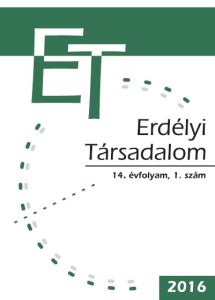Kompenzációs mechanizmusok és egyensúlyteremtő stratégiák egy vegyes (magyar–roma) etnikai összetételű határvidéki településen
Compensatory Mechanisms and Balancing Strategies of an Ethnically Mixed (Hungarian-Roma) Community in a Borderland Settlement.
Author(s): Sándor BorbélySubject(s): Sociology, Rural and urban sociology
Published by: Presa Universitara Clujeana
Keywords: power;ethnicity;interethnic relations;disparity;asymmetrical integration;ethnic equilibrium
Summary/Abstract: This study discusses the case of a village from North-Eastern Hungary, called Kispalád, where the Hungarian and Roma ethnic communities have been living together for many generations, forming an asymmetrically integrated community. The purpose of this research is to anthropologically analyse those micro-level mechanisms (everyday speech situations, routine actions and institutional practices), which reduce economic, social and power inequalities that permanently destabilise the asymmetrical interethnic situation. This study makes a thorough analysis of the functional role of religious institutions (Roma Neo-Protestant church and Hungarian Protestant Church) in the village. In this context, I am investigating how the members of these local communities control, influence or even convert the intra- or interethnic economic, social and power inequalities with the help of religious institutions, as well as various ritual (ceremonial) practices.
Journal: Erdélyi Társadalom
- Issue Year: 14/2016
- Issue No: 01
- Page Range: 191-214
- Page Count: 24
- Language: Hungarian

